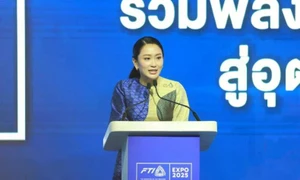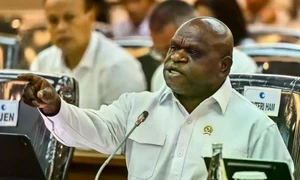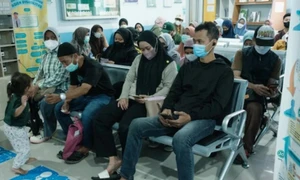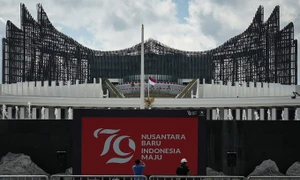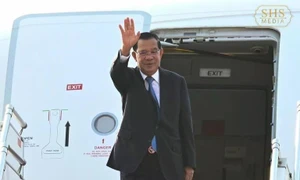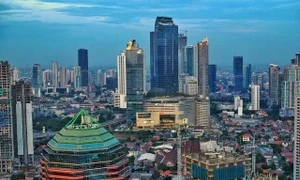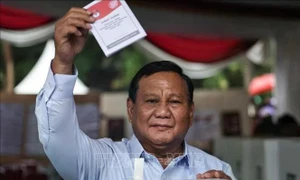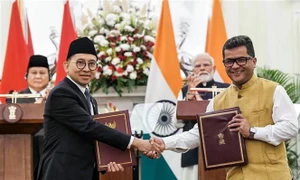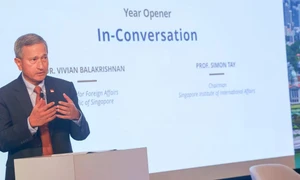
Nirwala Dwi Heryanto, spokesperson for the Directorate General of Customs and Excise, said on January 13 that the government aims to collect 3.08 trillion IDR (190.3 million USD) in excise tax revenue from sugary drinks in 2025, a significant decrease from the 4.3 trillion IDR target in 2024.
According to him, the government will set regulations to define the scope and thresholds of the tax. Beverages with sugar content below a specified level will be exempt. The tax will apply to factory-produced sugary drinks as well as those sold in stores, including beverages from cafes and bubble tea shops.
This policy seeks to curb excessive sugar consumption, a key factor contributing to the rise in diabetes cases. A 2023 Indonesian Health survey by the Ministry of Health revealed that 11.7% of Indonesia’s population of over 270 million suffer from diabetes. Experts attribute this increase to a sedentary lifestyle and unhealthy diets, including growing preferences for sugary drinks.
Data from the Centre for Indonesia's Strategic Development Initiatives (CISDI) highlights that annual sugary drink consumption in Indonesia surged 15-fold over two decades, from 51 million liters in 1996 to 780 million liters in 2014. This rapid growth has made Indonesia the third-largest consumer of sugary drinks in Southeast Asia.
The excise tax on sugary drinks, first proposed in 2009 by the Ministry of Finance, has faced multiple delays due to opposition from businesses concerned about inflation and potential harm to the industry. The ministry has reiterated that the economic context will be carefully considered when implementing the tax.
Nailul Huda, Digital Economy Director at the Center for Economic and Legal Studies (Celios), suggested adopting a progressive taxation model, where tax rates are based on sugar content. Under this system, products with higher sugar levels will face higher rates, potentially boosting revenue while encouraging healthier production practices.


